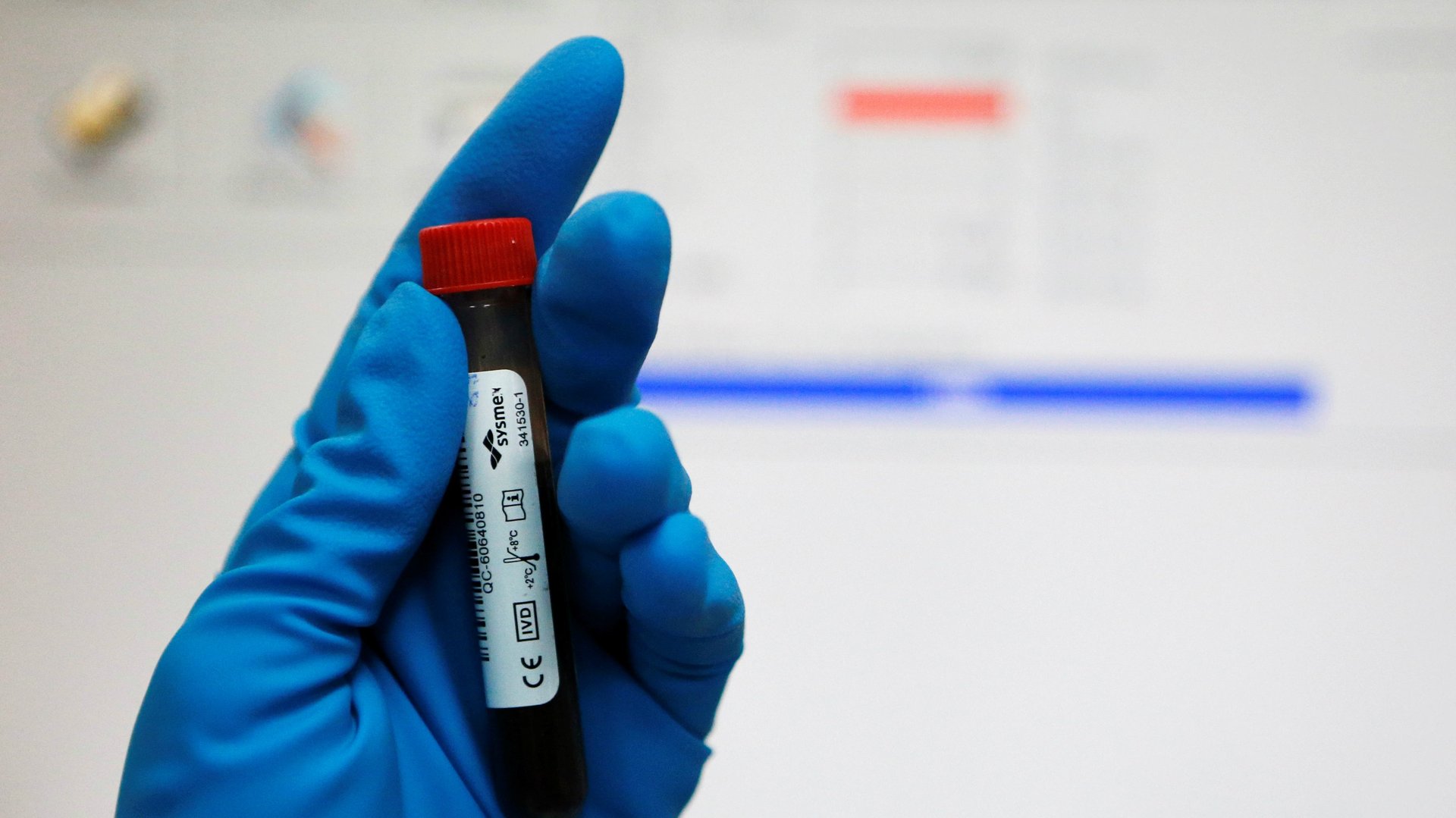Everyday people can now map their genomes and maybe keep their privacy
For the first time, a company is offering a direct-to-consumer tool that can map out a person’s entire genome.


For the first time, a company is offering a direct-to-consumer tool that can map out a person’s entire genome.
The service, which is run by Nebula Genomics, is a double-edged sword, though. On the one hand it can help a person search through a broad array of their genetic code to find disease-related genes. On the other, the company faces the herculean task of carefully walking the ethical line around keeping people’s data private.
That challenge is particularly noteworthy in the current political climate, as social media companies such as Facebook are questioned about how user data is treated. Pharmaceutical giant GlaxoSmithKline, meanwhile, recently paid $300 million to the genetic testing company 23andMe for access to its customers’ data.
The co-founder of Nebula Genomics has said his company is different. User data will be encrypted and stored in cloud-based systems that consumers choose on their own, rather than in a centralized database belonging to the company. That way, customers will have the ability to tinker with their own privacy and permission settings, sharing their data only with groups and firms of their choosing.
Nebula sweetens the deal by offering its test to people for free—but only after they earn “tokens” that are acquired by filling out questionnaires that quiz them on their family medical history and dietary habits, among other things. Once enough tokens are amassed, they can be exchanged for the free test. In some cases, the company might ask consumers to wear Fitbit-like devices to better track their heath and physical activity.
The test costs about $99 up-front for consumers to buy and avoid the questionnaires. That’s a competitive price, given that similar services, such as 23andMe and Ancestry.com, charge up to $199 to obtain less data. Such companies are increasingly becoming popular as people pay to use them to learn more about their ancestral heredity and also to gain more insight into their potential health risks.
Last year, the US Food and Drug Administration announced it was giving 23andMe clearance to sell a service that gives customers a risk analysis for 10 genetically linked diseases. That reversed a 2013 decision by the agency, and further blurred the line around who are the gatekeepers of our health information. Traditionally it has been physicians. But as these new testing companies emerge and court large pharmaceutical companies hungry for their data, that power balance is beginning to shift a little.